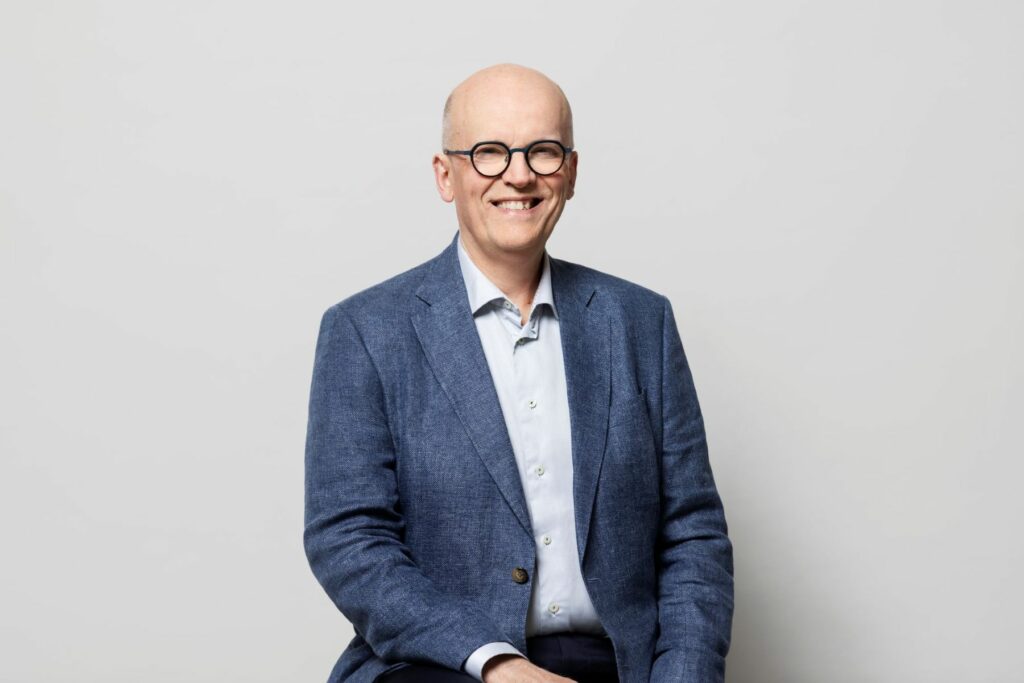
In a blog post, one of the world’s best-known venture capital firms is sounding the black swan alarm. Sequoia Capital says that Covid-19 (the Coronavirus) is this year’s black swan event — and it’s already crapping all over one of the hottest startup markets in history.
Specifically, the VC firm sees the epidemic as behind the following ills for startups:
- Drop in business activity. Some companies have seen their growth rates drop sharply between December and February. Several companies that were on track are now at risk of missing their Q1–2020 plans as the effects of the virus ripple wider.
- Supply chain disruptions. The unprecedented lockdown in China is directly impacting global supply chains. Hardware, direct-to-consumer, and retailing companies may need to find alternative suppliers. Pure software companies are less exposed to supply chain disruptions, but remain at risk due to cascading economic effects.
- Curtailment of travel and canceled meetings. Many companies have banned all “non-essential” travel and some have banned all international travel. While travel companies are directly impacted, all companies that depend on in-person meetings to conduct sales, business development, or partnership discussions are being affected.
No matter how often startup founders wash their hands, no matter how infrequently they touch our face, they are not going to avoid this economic epidemic, according to Sequoia.
If regular startups are facing tough times, what will the effect be on the burgeoning quantum industry?

It’s possible that it will be even worse. First, running quantum startups are expensive and, therefore, are incredibly dependent on outside funding, including private and public sources, but, they have been especially the darling of many venture capital funds. They also do not have current revenue streams. And they might not have any revenue for years. Some startups are merely based on ideas.
If funders are going to ride out this downturn, they might pass on quantum for the time being.
There’s also rumors of bad news in the quantum space that once produced acres of rosy science stories and business predictions.
Although not directly related to the coronavirus, TechCrunch suggests possible ill winds blowing through the quantum industry. For example, Rigetti Computing’s recently raised $71 million came at a significant cut to the startup’s valuation.
Google and PayPal soldiered through the aftermath of the dot-com bust. More recently, Airbnb, Square, and Stripe were founded in the midst of the Global Financial Crisis. Constraints focus the mind and provide fertile ground for creativity.
Bad News Is Good News?
If you are a Schumpeterian, or have weathered previous economic winters, this short-term bust may be just what’s needed to fuel at long-term boom. First, the best companies will likely ride out the storm. They will innovate their faces off, producing quantum applications for real world problems.
Sequoia points out the power of creative destruction:
“Many of the most iconic companies were forged and shaped during difficult times. We partnered with Cisco shortly after Black Monday in 1987. Google and PayPal soldiered through the aftermath of the dot-com bust. More recently, Airbnb, Square, and Stripe were founded in the midst of the Global Financial Crisis. Constraints focus the mind and provide fertile ground for creativity.”
Others suggest there is already too much riding on quantum computing to completely pull the brakes on the industry. Most governments will not pull back funding their country’s QC projects – or face rival countries advancing while they sit idle.
The U.S. already has $210 million earmarked for quantum research from the National Science Foundation and the Department of Energy is adding almost a quarter of a billion bucks to develop a nationwide quantum internet.
“…those who survive “are not the strongest or the most intelligent, but the most adaptable to change.”
What Should Founders Do?
Sequoia offers a few suggestions, some of which apply to quantum founders.
- Find areas in your budget where you can trim expenses.
- Focus and Get Creative
- Stay agile with customers
While Sequoia adds that startups should carefully examine marketing spends, that doesn’t mean companies should stop getting the word out about breakthroughs and other pieces of company news. Silence is death in the winter economy.
The VC’s general advice is this: “As Darwin surmised, those who survive “are not the strongest or the most intelligent, but the most adaptable to change.”

















